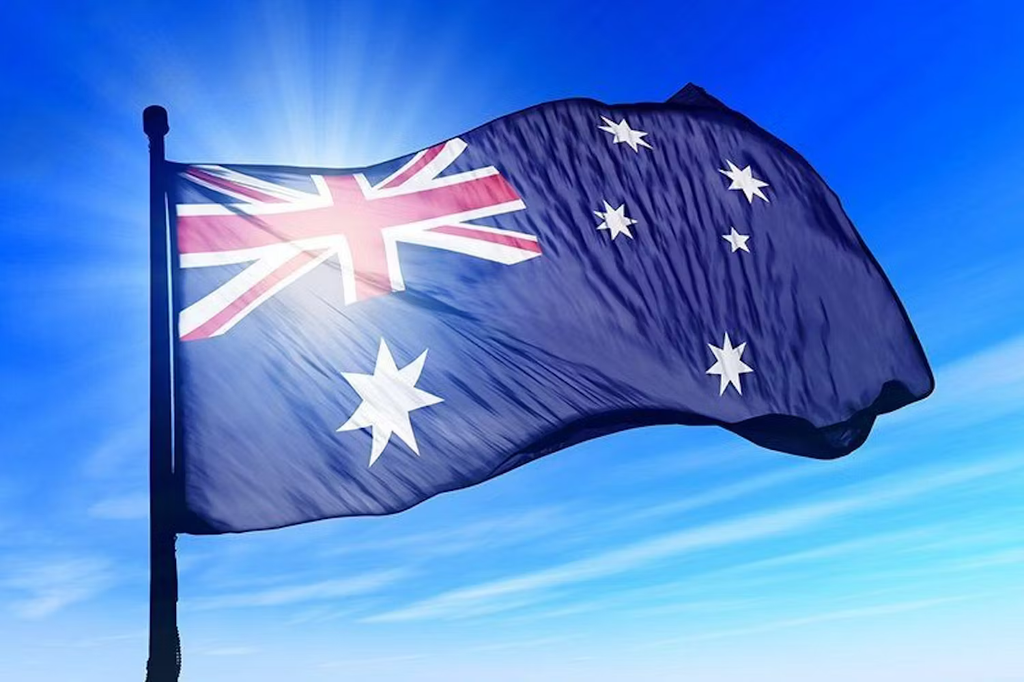
Australian health minister Mark Butler has backed down from his proposed prescription-only vape plan, and agreed to a compromise that would allow sales without a doctor’s order, but still only in pharmacies. The amended Vaping Reforms Bill will be voted on by the Senate sometime this week.
The decision to abandon the prescription-only scheme was made after Butler’s Labor Party was unable to muster enough votes to pass the bill in the Senate. It had already passed the House, where Labor has a majority.
A minority party, the Greens, agreed to support a watered-down version of the legislation, giving Labor what will probably be the necessary votes to get the bill through the Senate, even if it is opposed by the National and Liberal parties.
If the bill passes, it will still require a prescription for pharmacy purchases from July 1 to Oct. 1. After that, adults will be able to purchase vapes—in plain packaging, and in tobacco, menthol and mint flavors only—from pharmacies without a prescription.
“Our world-leading laws will return vapes and e-cigarettes to what they were originally sold to the Australian community and to governments around the world as: therapeutic products to help hardened smokers kick the habit,” Butler told the Guardian Australia today. “From Monday next week, it will be unlawful to supply, manufacture, import, and sell a vape outside of a pharmacy setting.”
The new law will apply to all vaping devices and e-liquid, whether they contain nicotine or not. Cigarettes will, of course, remain available for purchase at every corner store in Australia.
Doctors and pharmacists aren’t interested
Butler’s proposed legislation, which is supported by all Australian tobacco control and medical special interest groups, has been controversial since its announcement in May 2023. Few doctors are willing to prescribe nicotine vapes, and pharmacies have resisted dispensing them.
That isn’t likely to change, as illustrated by a statement issued today by the Pharmacy Guild of Australia, which represents thousands of drug stores. “The expectation that community pharmacies become vape retailers, and vape garbage collectors, is insulting," the Guild said. "The Senate is about to make a bad decision. We urge the Senate to change course.”
Vaping and harm reduction proponents say the new law won’t work, even with the prescription-only requirement removed. Longtime advocate Colin Mendelsohn—a medical doctor, smoking cessation expert and founding chairman of the Australian Tobacco Harm Reduction Association (ATHRA)—wrote in his blog today that the poor selection of products, limited flavors, high prices, and the necessity that vapers and potential vapers interact with poorly informed and hostile pharmacists, will encourage vapers to instead buy products on the extensive black market.
“There is widespread consensus that the black market will continue to thrive,” writes Mendelsohn. “Costly policing and border control are no match for organised criminal networks and this highly lucrative industry will continue to provide alternatives.”
There are about 1.3 million adult vape consumers in Australia, only a small percentage of which have a doctor’s prescription for the products they use.
Black market, moral panic, firebombed tobacco shops
Vaping nicotine without a doctor’s prescription has technically been illegal in Australia almost from the start. Nicotine was classified as a poison by the country’s Therapeutic Goods Administration (TGA) in 2008, except when contained in “tobacco prepared and packed for smoking.”
Until Butler’s predecessor, Liberal/Coalition health minister Greg Hunt, proposed the first plan in 2020 to crack down on illegal imports and restrict nicotine vape sales to pharmacies, Australian vapers were allowed to import nicotine for personal use. That too required a prescription, but most consumers ignored that provision and it was rarely enforced.
Vape shops in Australia sold devices and nicotine-free e-liquid, which vapers mixed in their homes with imported nicotine base. It was not an ideal system, but it worked for many and caused no real problems.
However, the threat of prosecution by national and state governments, combined with the rapid growth of a black market in disposable vapes and an intense vaping moral panic, has forced vape shops to shut down. Many business owners have lost their livelihoods and life savings, with no hope of compensation from an unsympathetic government.
Meanwhile, convenience stores and tobacco shops have been caught in the middle of turf wars between gangs seeking control of the lucrative black market in disposable vapes and illicit, untaxed cigarettes. Dozens of stores have been burned or firebombed.
